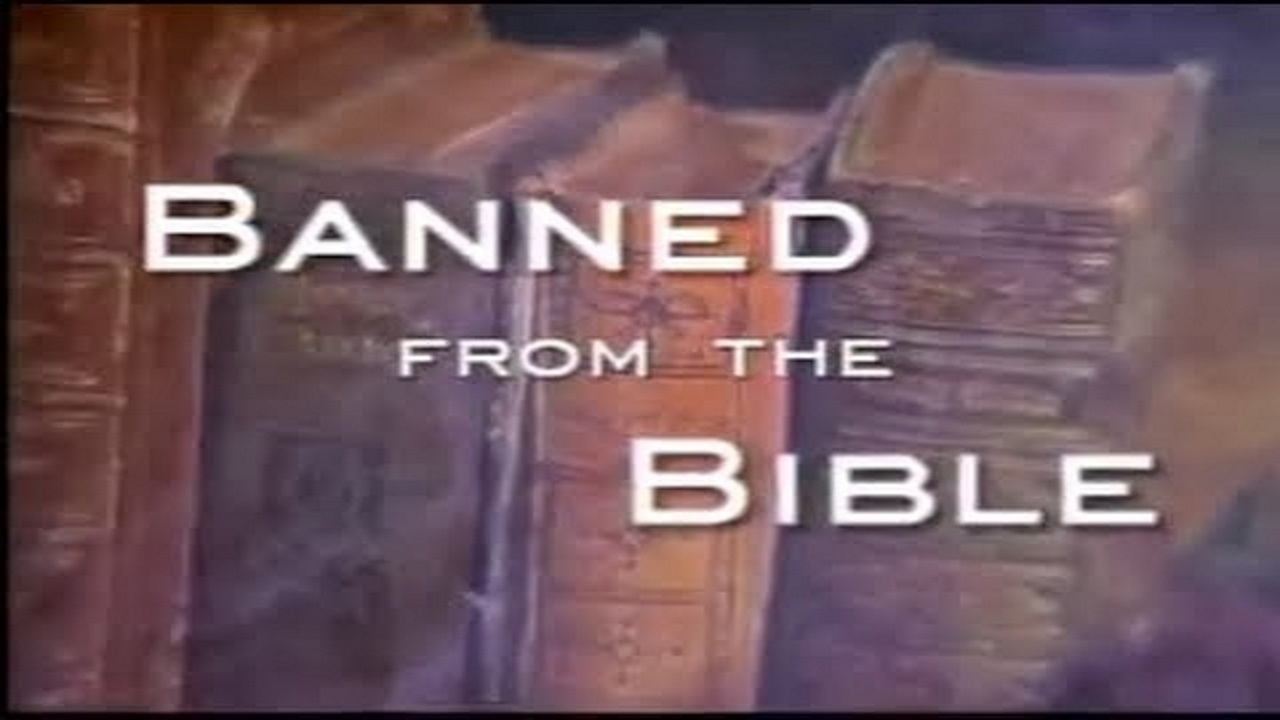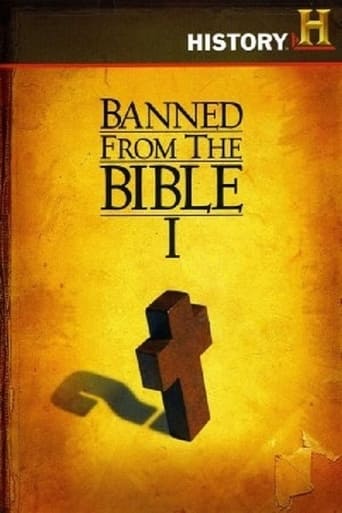

A Brilliant Conflict
... View MoreGreat movie! If you want to be entertained and have a few good laughs, see this movie. The music is also very good,
... View Moreif their story seems completely bonkers, almost like a feverish work of fiction, you ain't heard nothing yet.
... View MoreBlistering performances.
... View MoreThis full length documentary is not strictly for believers, rather it consists of a series of commentaries by academics, secular and not so, on the books that could have gone into the Christian "Bible" but didn't. Some were lost, unintentionally or otherwise, some were not considered authentic, and some were a definite no-no. This is not the "Apocrypha", but books like the "Infancy Gospel Of Jesus" that shows a somewhat different and some might say unacceptable side to the boy Christ. The Council Of Nicea is covered but not the later Council Of Trent. Sadly, feminist propaganda is injected into the film by a female contributor; women were seen to be unworthy of becoming disciples, we are told, which is why the "Gospel Of Mary" was mislaid. In view of the fates of the Disciples, this was not necessarily a bad thing for women.
... View MoreI am a graduate student in Christian Theology and I found the information in this documentary pretty comparable to what we study in class, so therefore in sync with contemporary scholarship. There is a lot of information that goes into understanding the Biblical texts, and part of that understanding comes with knowing the historical context that brought about the composition of the Canon. There were various texts being used depending on what part of the world you were in. Also, some words, symbols, or actions had cultural significance and even different meanings from what they would mean today, and we don't pick up on these things automatically as the ancient Jewish culture would have because our society is so different. I think this documentary did a good job of representing the scholarship in its time frame. It wasn't a perfect representation of all of the scholarship that's out there, but it was still decent.
... View MoreI absolutely hated it, it was so very inaccurate in the interviews and in what they said it had me yelling at the TV!! The show had very little evidence to support what it was saying as well as even having the right to say books were banned from the bible. They make it sound like a bunch of old guys went into a room one day and said "listen up these books are going to be in the bible OK, alright lets brake for lunch." WHICH NEVER HAPPENED!!! The bible puts together the word of God which is confirmed, the nos-tics were haters of God, in fact they upheld the serpent for mans fall because it brought them knowledge, not caring that it is evil. The nos-tics hated God and lied about him in their texts which were written like 300 years after Jesus and the apostles died. Paul wrote about it in one of his letters warning the church's of these false doctrines, the reason they were called heretics is because they were!!! This complete show outrages me if I could I would have it taken off the air or another version showing the other side of view showing the real bible and not calling it politics. May God have MERCY ON THE SOUL WHO CREATED THIS HORRIBLE FILM, I hope the brainwashing of these creators of destructive material can be undone just as the corrupted information on the discovery channel.
... View MoreI found this documentary incredible. This is information that is almost never mentioned in any of the "religions of the book". Not only Catholic, but also Protestant, and even Muslim.Here the history of the "construction" of the Bible (New Testament) is investigated. Several "refused" gospels are described and even certain gospels not in the official New Testament but which are found in certain Eithiopian or Marionite Catholic bibles. There is even a "refused" gospel that is found in the Muslim Koran.I found the explanations clear and well commented. A very good documentary that I first saw on the History Channel in the USA.I recommend it highly to those who are interested in the origins of religions and the "process" of how a "offical" religion gets built.
... View More